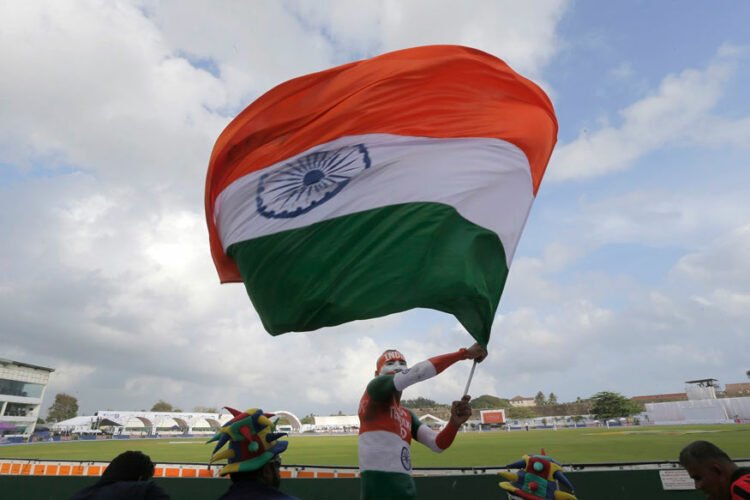The Reserve Bank of India (RBI) is considering expanding the Real Time Gross Settlement System (RTGS) to include transactions in US dollars, euros, and pounds. This move aims to make cross-border payments cheaper and more efficient, enhancing India’s financial connectivity with global markets.
The Reserve Bank of India (RBI) is exploring the possibility of expanding its Real Time Gross Settlement System (RTGS) to settle transactions in major international currencies such as the US dollar, euro, and pound sterling. This expansion is expected to provide businesses and individuals with faster, more affordable access to cross-border payments and remittances.
As India works towards harmonizing its payment systems with global standards, this initiative could pave the way for more integrated and efficient international trade.
Cost-effective Cross-border Payments
The RBI has been vocal about the high costs associated with current cross-border payment systems. Deputy Governor T. Rabi Sankar emphasized this issue in September 2023, stating, “The prevailing high costs for cross-border remittances are simply unconscionable.” By allowing transactions in major global currencies through RTGS, the RBI aims to reduce these costs and improve accessibility for businesses and individuals engaged in international trade.
Governor’s Vision for RTGS Expansion
RBI Governor Shaktikanta Das recently spoke at the RBI@90 conference in New Delhi, where he outlined the potential for expanding RTGS to accommodate transactions in foreign currencies. “The feasibility of expanding RTGS to settle transactions in major trade currencies such as USD, EUR, and GBP can be explored through bilateral or multilateral arrangements,” he said.
Potential Benefits for India
An expanded RTGS would strengthen India’s integration into the global financial system. It would enable quicker settlement of international payments, fostering economic growth. Governor Das noted, “India and a few other economies have already commenced efforts to expand linkage of cross-border fast payment systems both in the bilateral and multilateral modes.” Such efforts could streamline international trade and provide a significant boost to India’s economy.
Efforts Towards Global Financial Integration
In July 2024, the RBI unveiled the Project Nexus initiative. This project aims to interlink India’s domestic instant payment systems with those of other countries, including Malaysia, the Philippines, Singapore, and Thailand. Cross-border payment arrangements are already in place with nations like Singapore, the UAE, Mauritius, Sri Lanka, and Nepal. These efforts showcase India’s commitment to facilitating faster and more efficient cross-border transactions.
Role of CBDCs in Cross-border Payments
Governor Das also highlighted the potential role of central bank digital currencies (CBDCs) in enhancing cross-border payment systems. He emphasized the importance of harmonizing standards and achieving interoperability among countries to facilitate seamless transactions. “A key challenge could be the fact that countries may prefer to design their own systems as per their domestic considerations. I feel we can overcome this challenge by developing a plug-and-play system that allows replicability of India’s experience while also maintaining the sovereignty of respective countries,” he explained.
A Step Towards Financial Innovation
The expansion of RTGS is part of India’s broader strategy to modernize its payment systems. It aligns with global trends in financial technology and digital payments. Das added, “India’s experience with digital payments can serve as a model for other countries, and the RTGS expansion can be a crucial element in achieving a seamless global payment network.”
It holds the promise of reducing the costs and complexities of cross-border transactions, thus positioning India as a leader in the evolving global financial ecosystem.
Read full article
India at the Crossroads: Navigating Central Banking Challenges and Opportunities I India CSR
(India CSR)






















